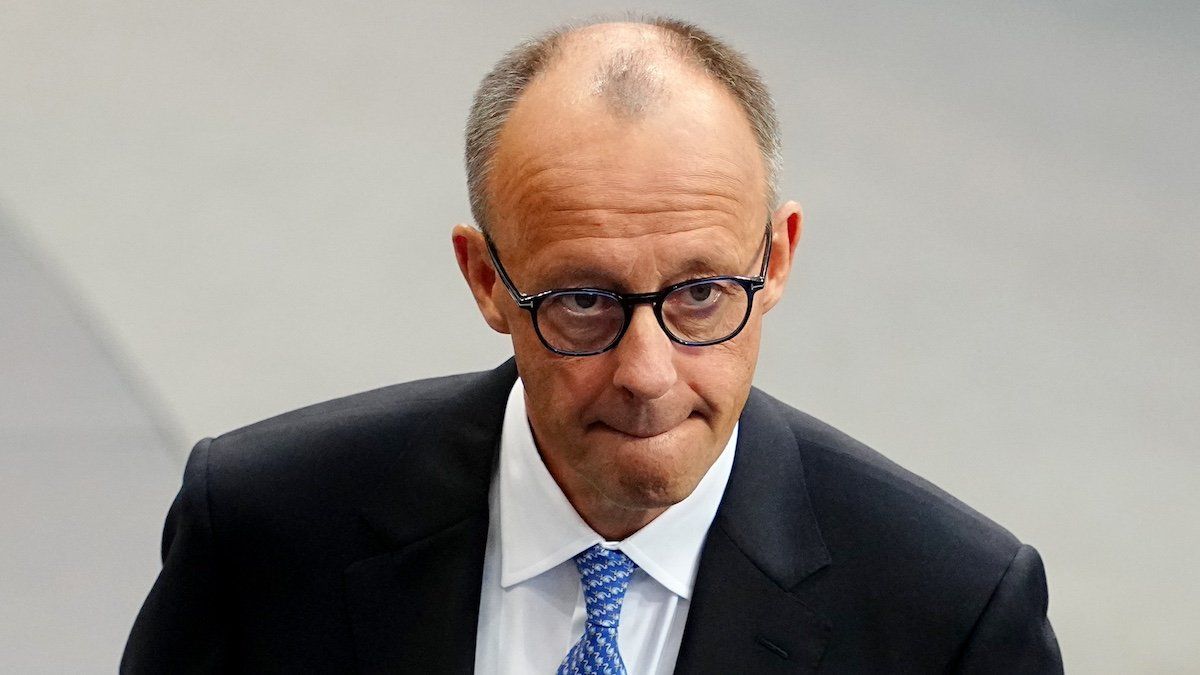Christian Democratic Union leader Friedrich Merz did not become Germany’s chancellor as planned on Tuesday after at least 18 members of his coalition either abstained or voted against him. His centrist coalition holds 328 out of 630 seats in the Bundestag, Germany’s parliament, but he won just 310 of the 316 votes needed to confirm him as the next leader.
Merz isn’t kaput yet. The Bundestag will hold a second round of voting, possibly as soon as tomorrow, and if six of the lawmakers who withheld their support come around, Merz will take over from lame duck Olaf Scholz. That said, this is the first time since Germany reestablished democratic control after World War II that a leader has failed to win the parliament’s backing on the first round.
The culprits? Likely coalition lawmakers who disagree with Merz’s plan to take on significant debt to boost defense capacity and revitalize economic growth.
Merz’s far-right rivals pounced on him. Alternative for Germany leader Alice Weidel said the failure shows the incoming coalition’s “weak foundations” and called for fresh elections. Her party came in second place in February and some polls now show that she would win a new contest.
Looking forward: Ultimately, experts still expect Merz to prevail in becoming chancellor, but Tuesday’s stunning loss will damage his political credibility and mandate to govern. If, however, the Bundestag fails to elect a new chancellor within 14 days, Germany could be on the road to another election.
